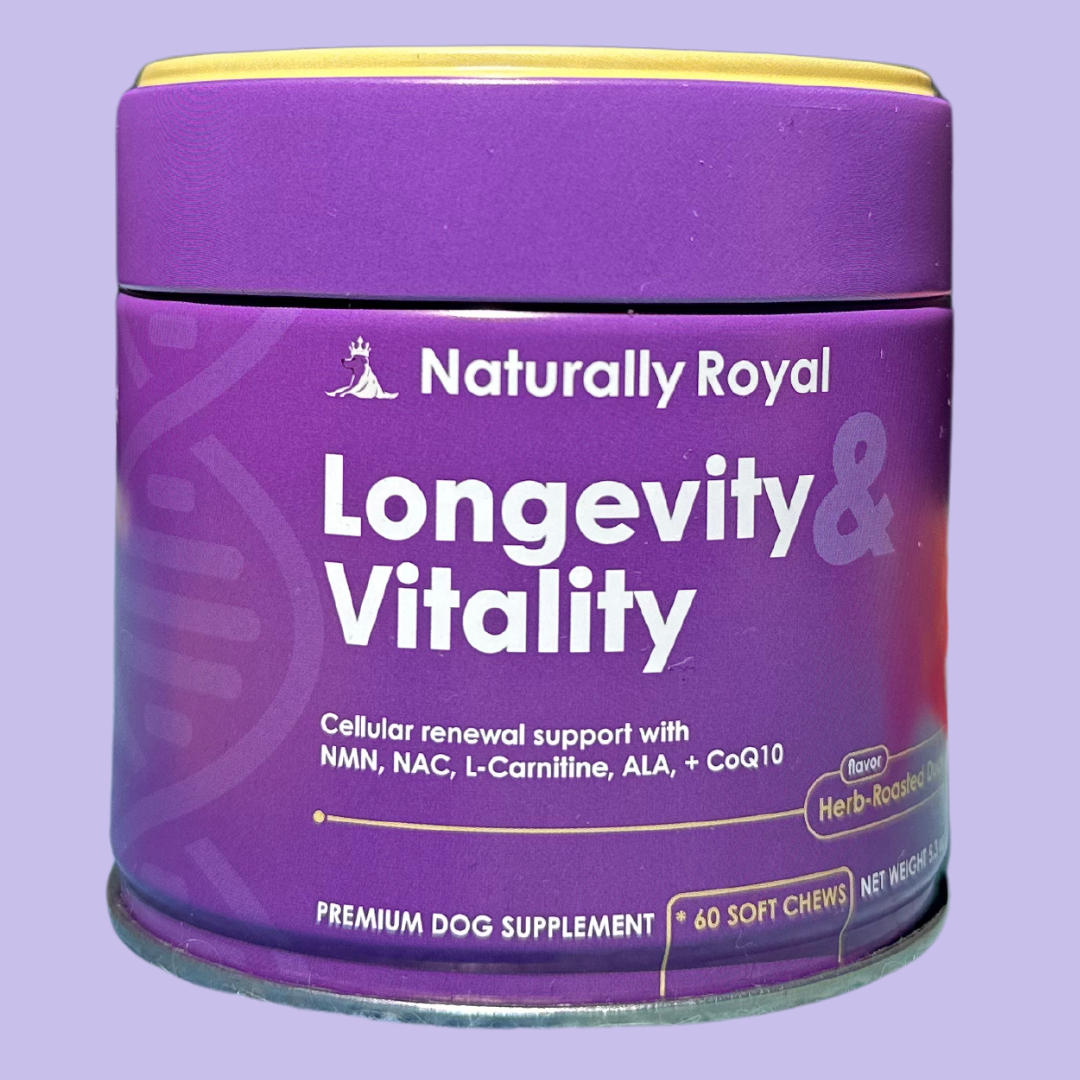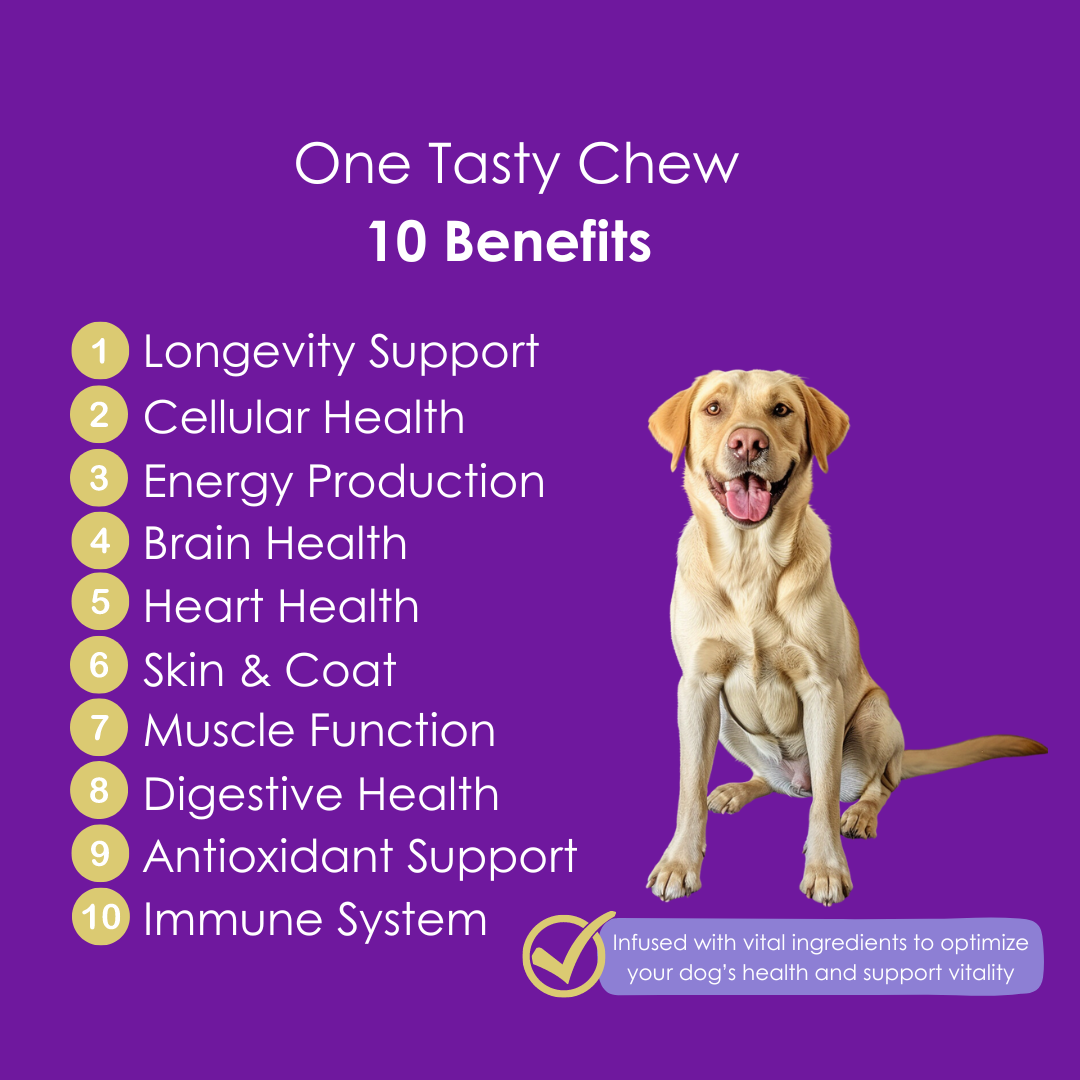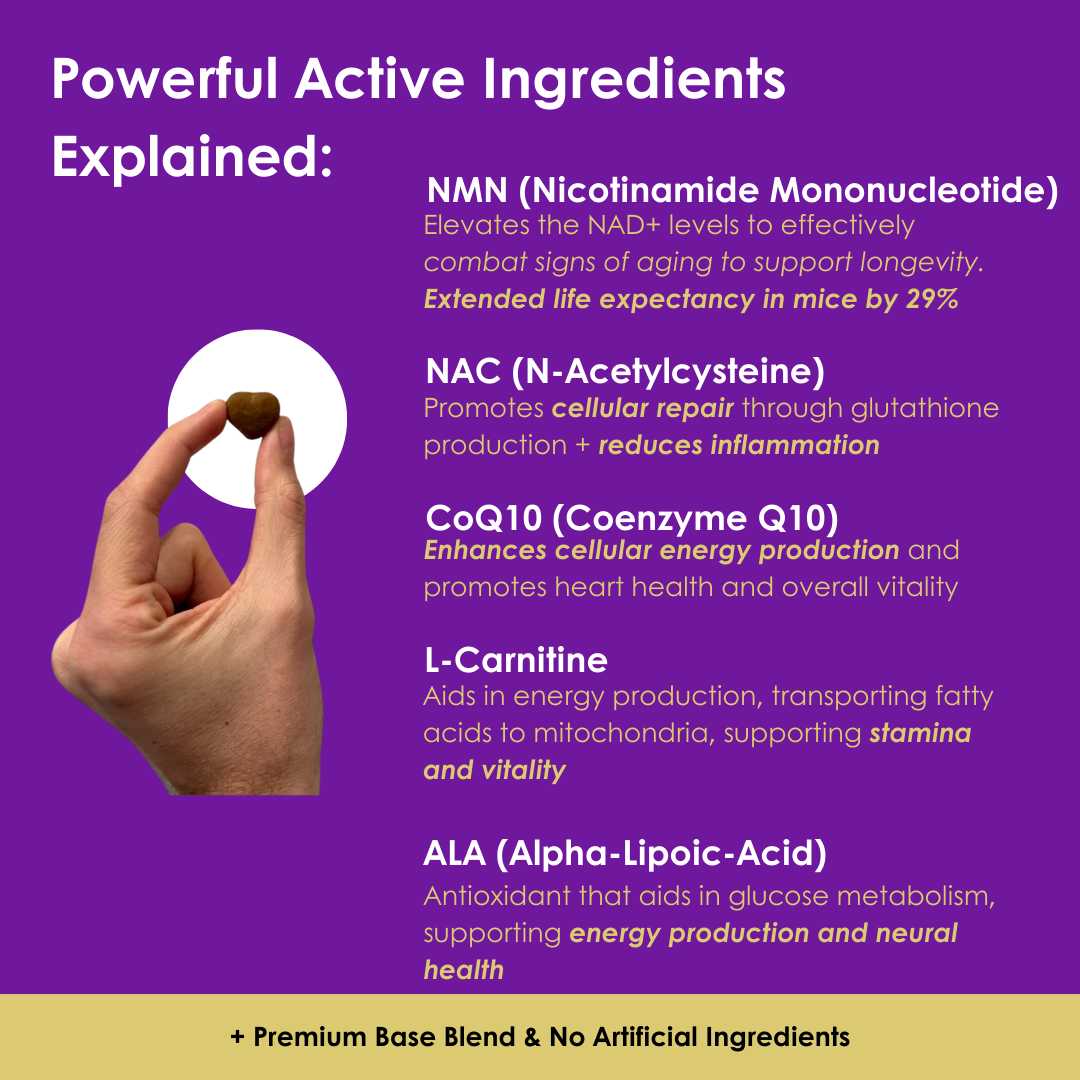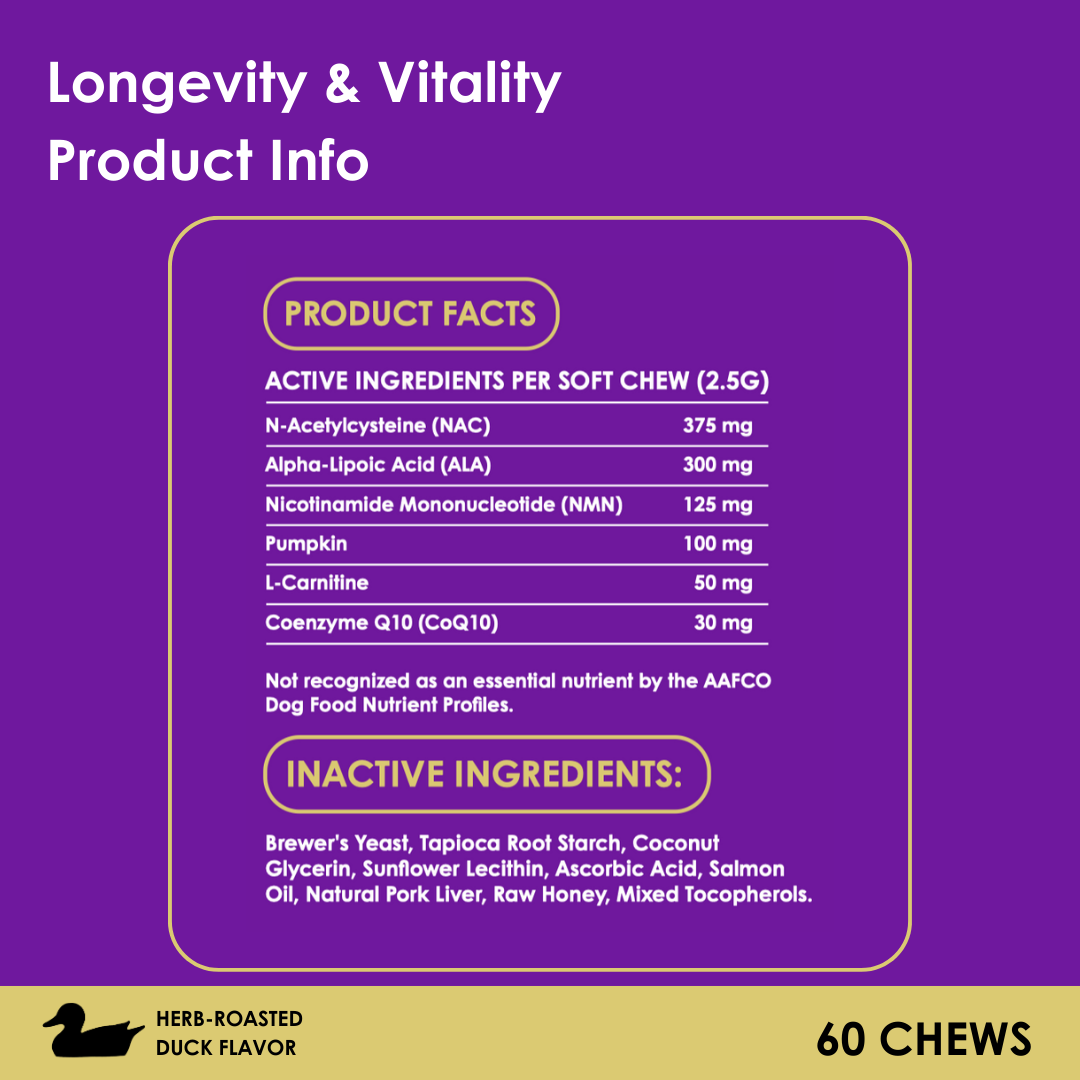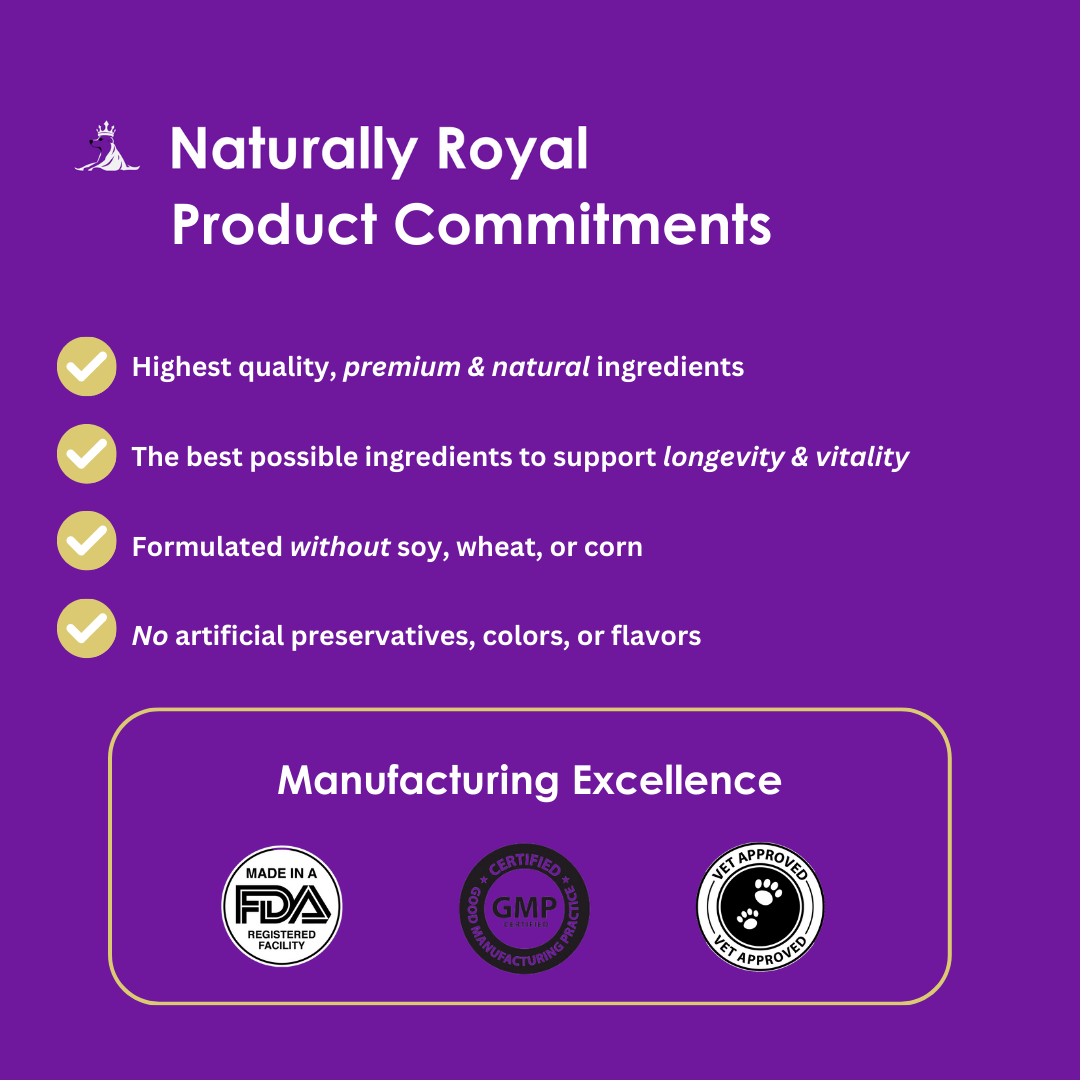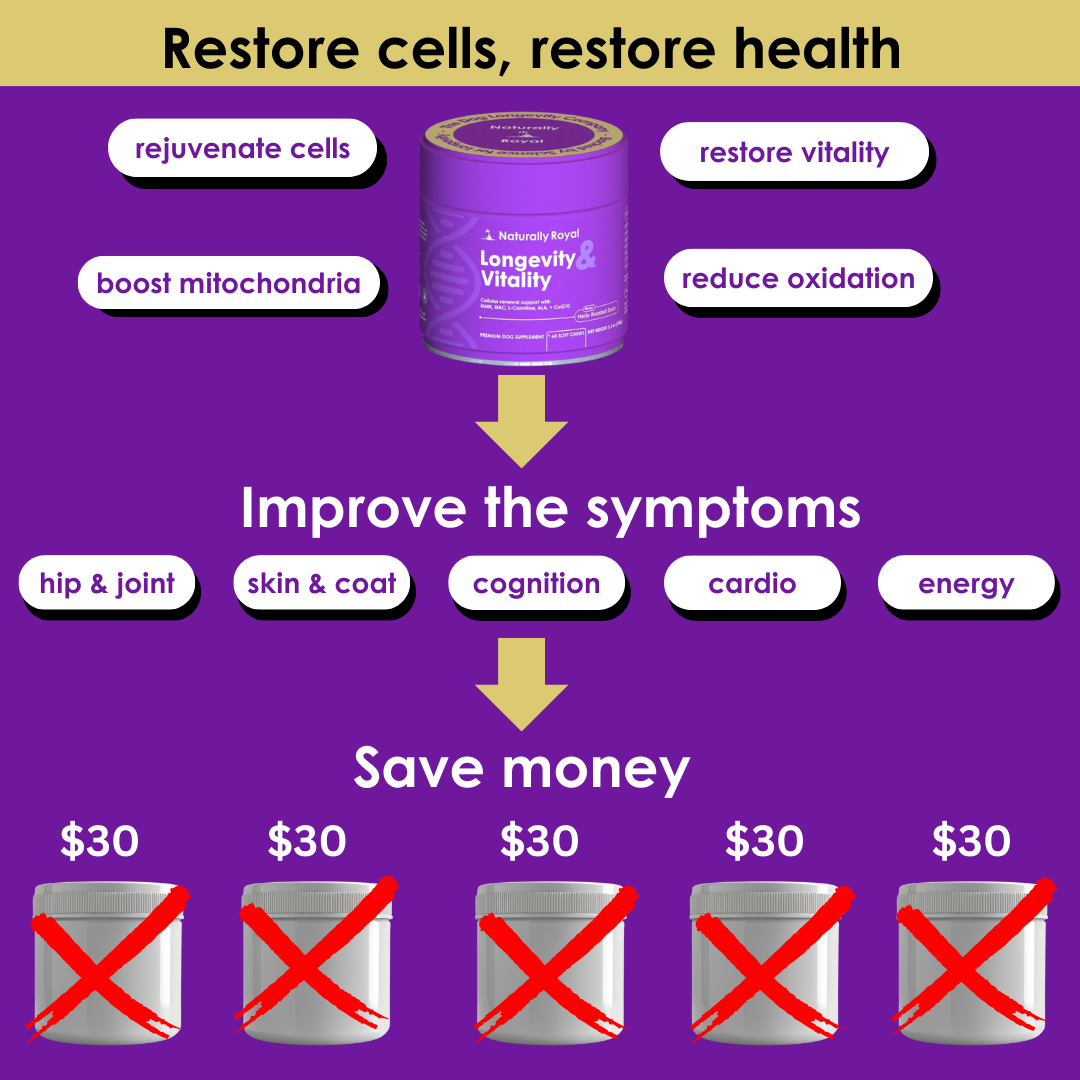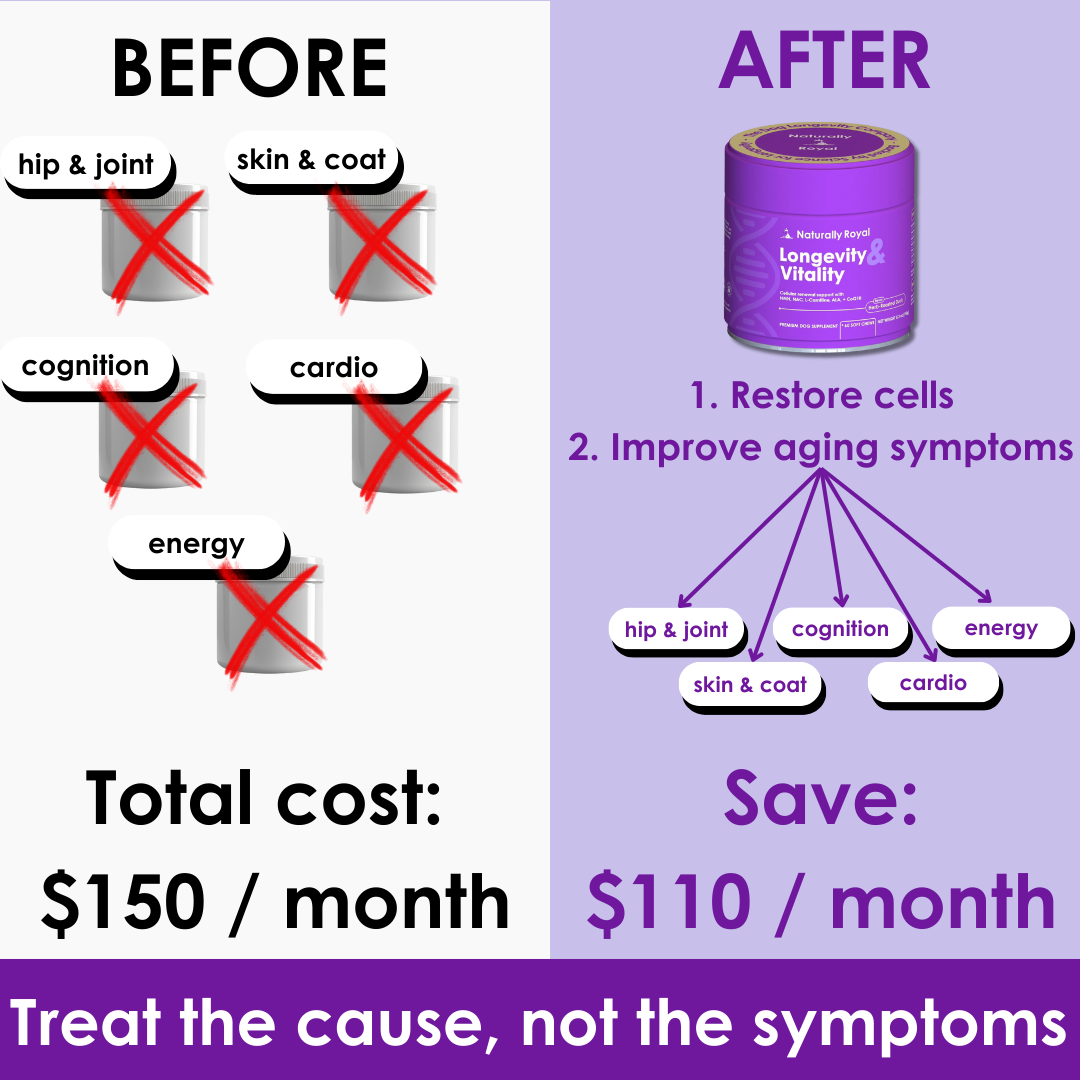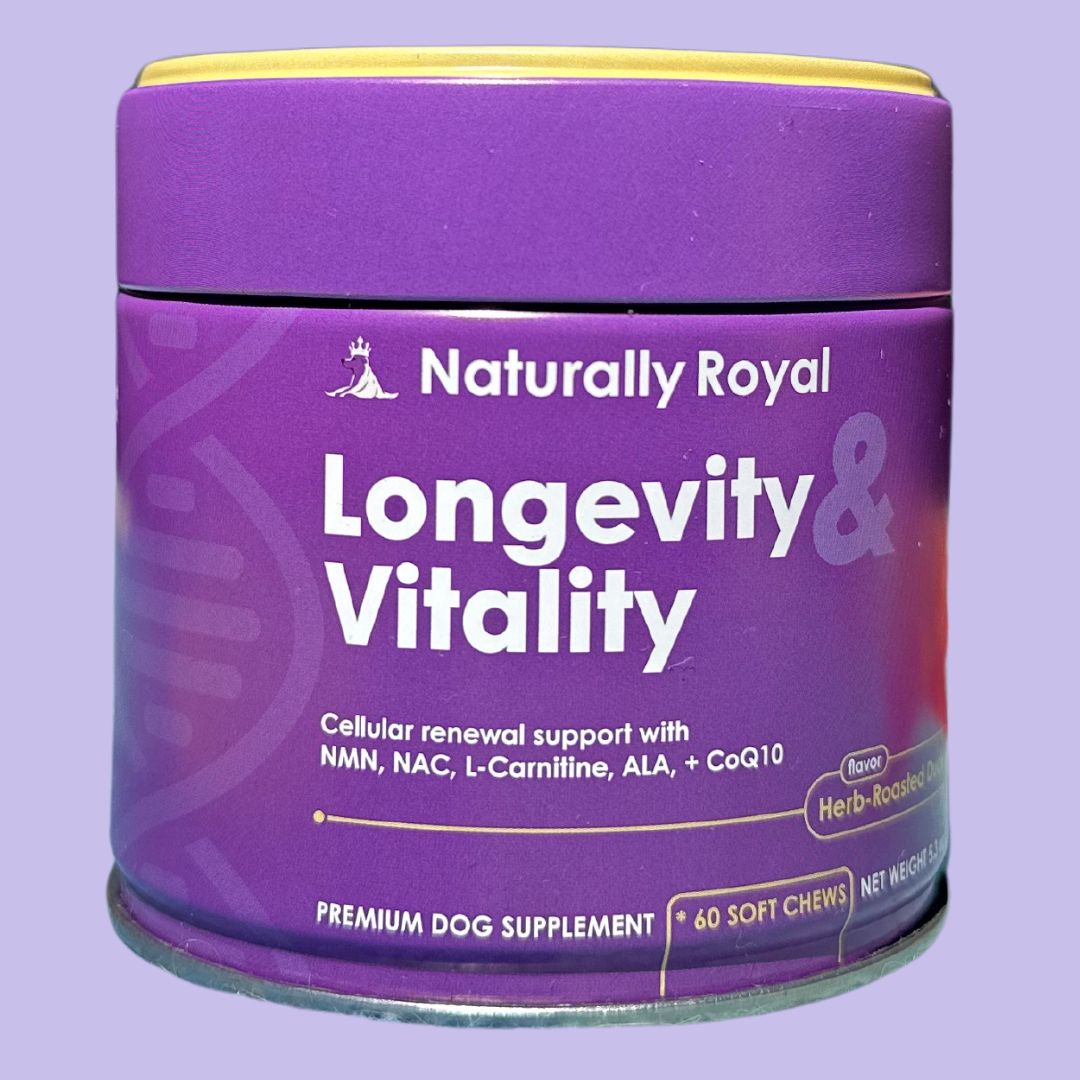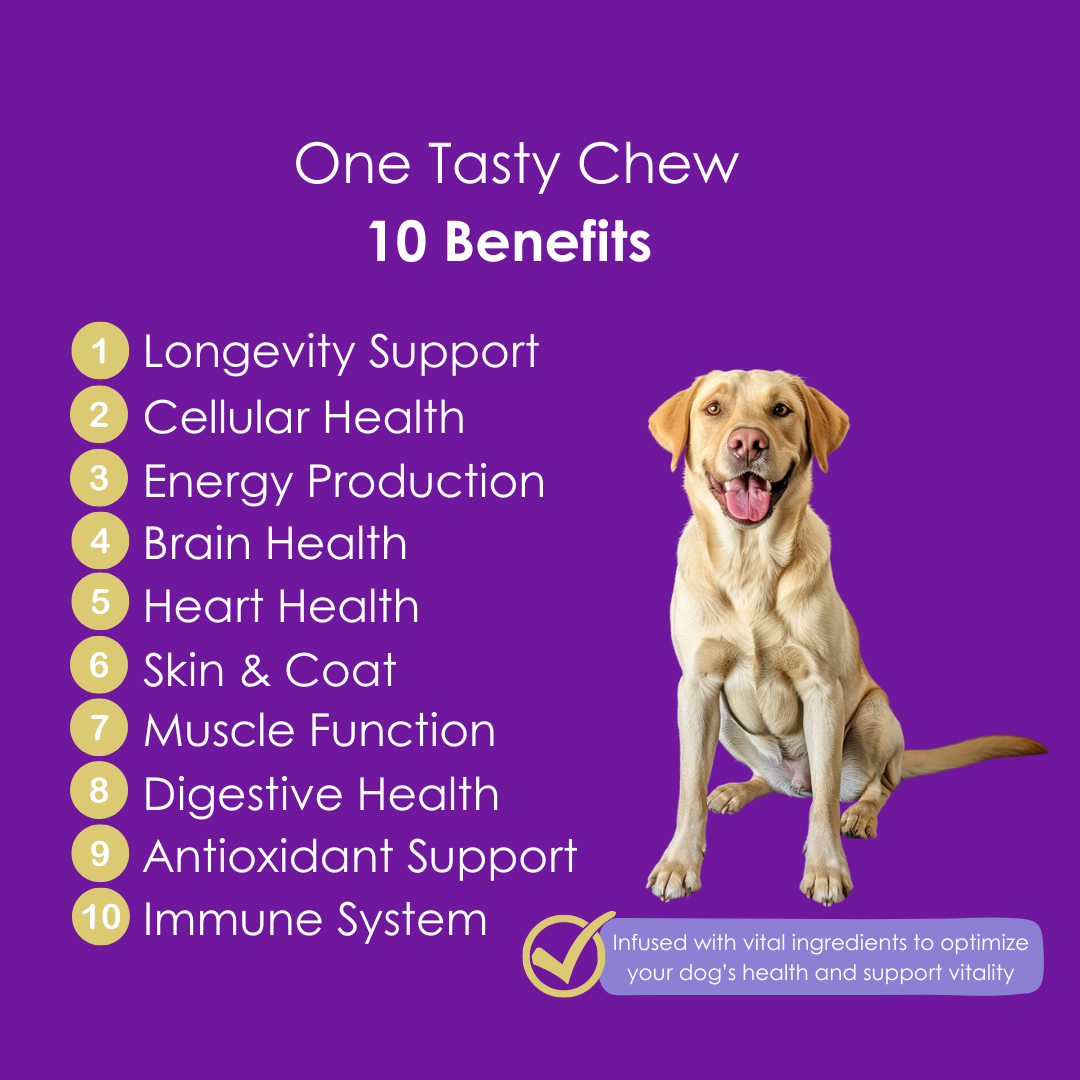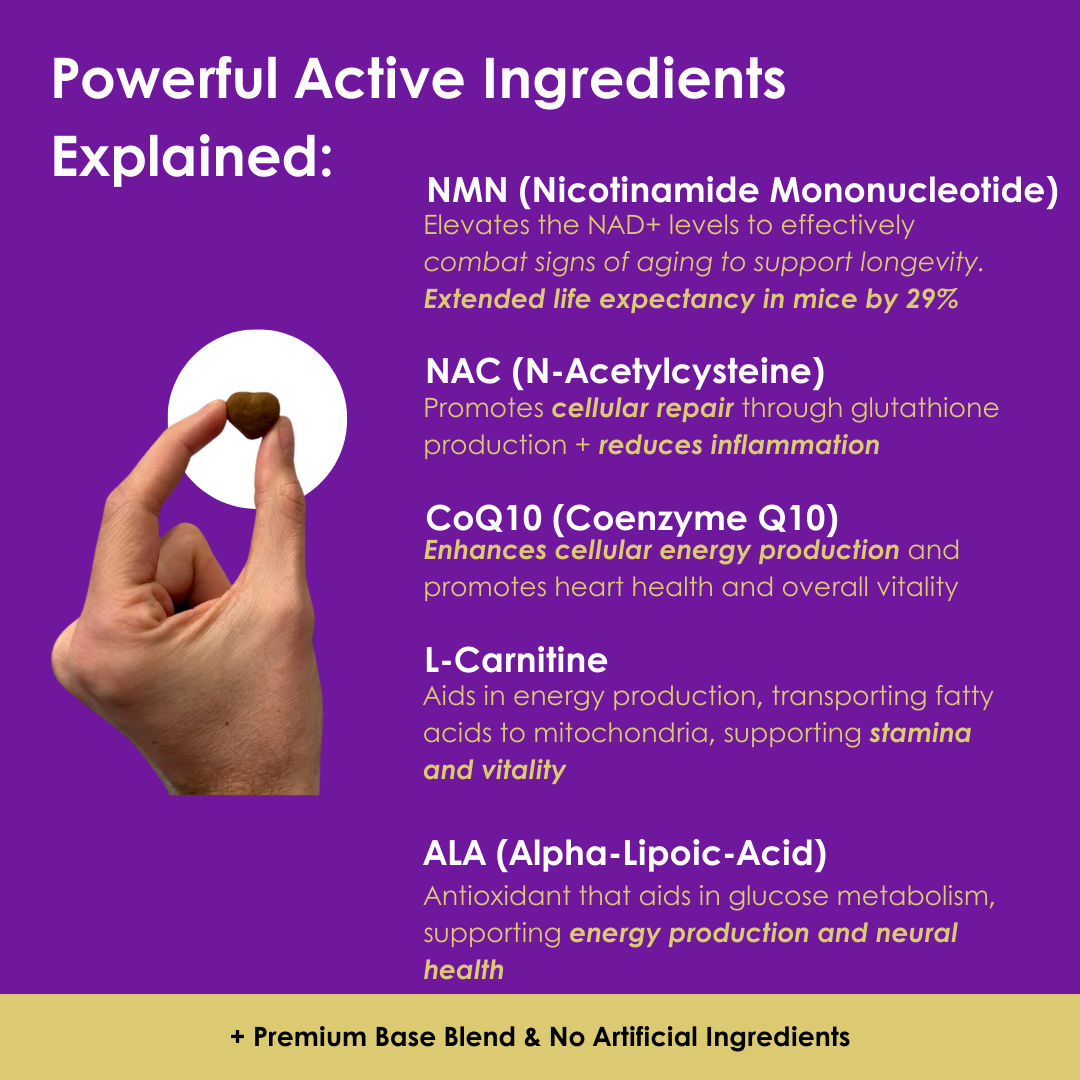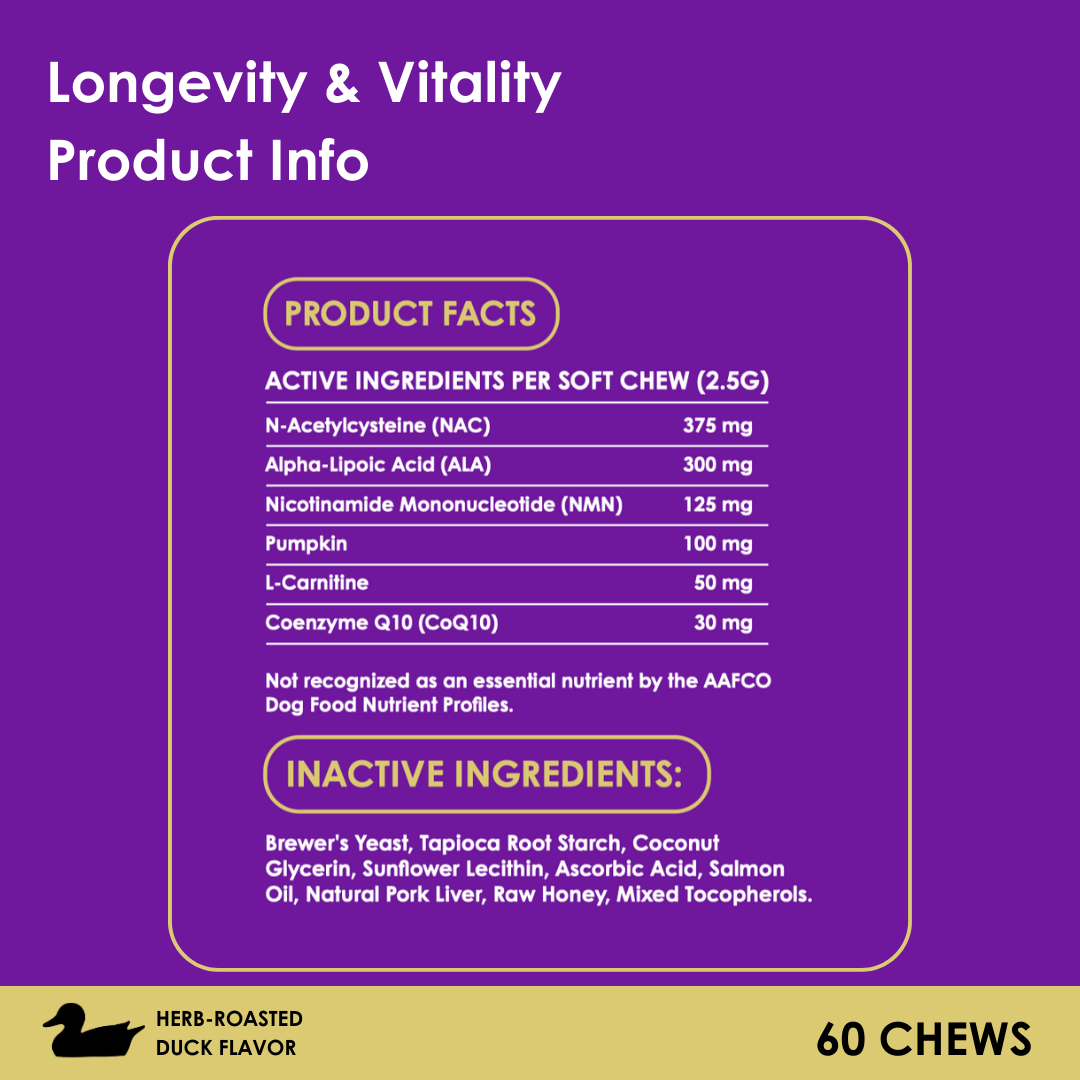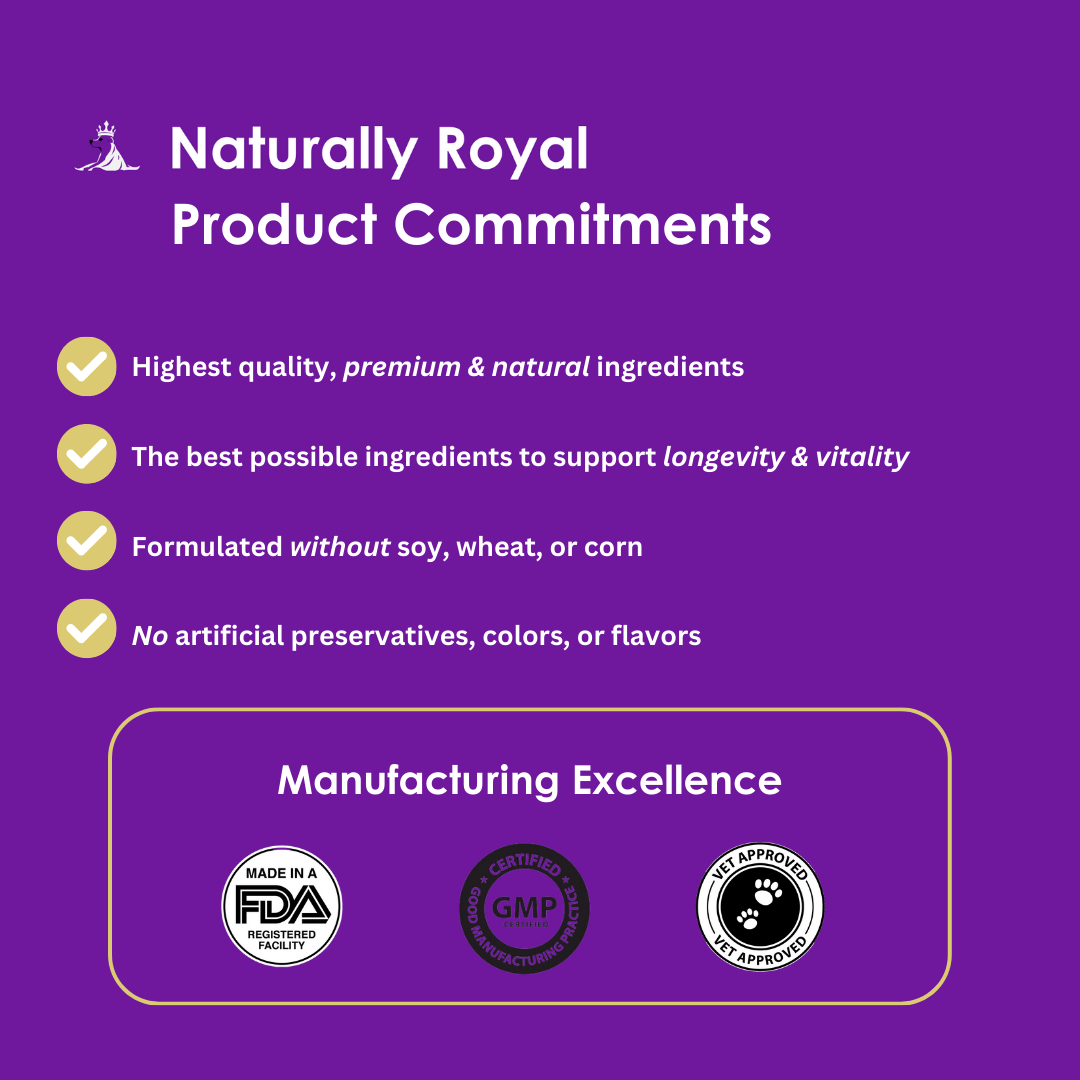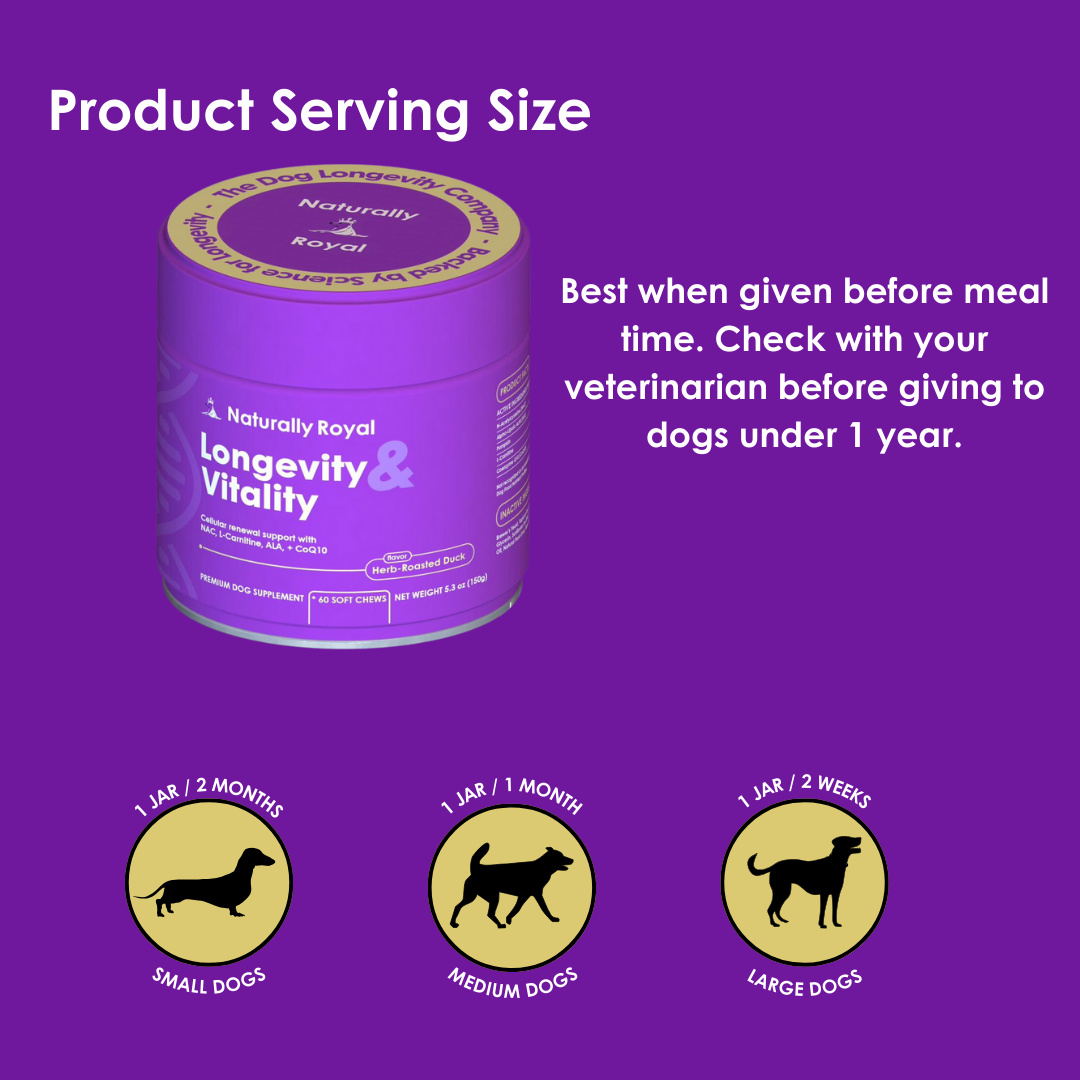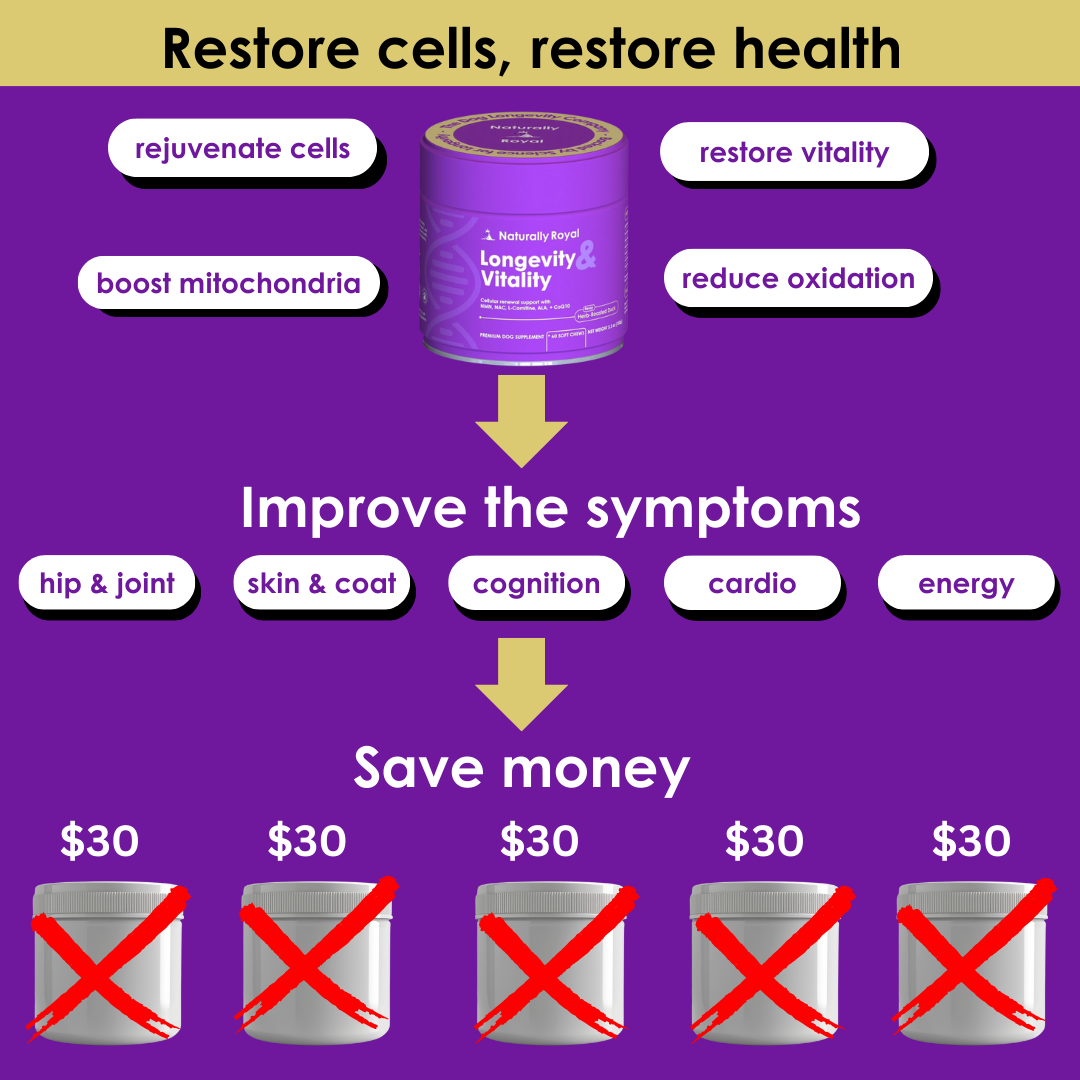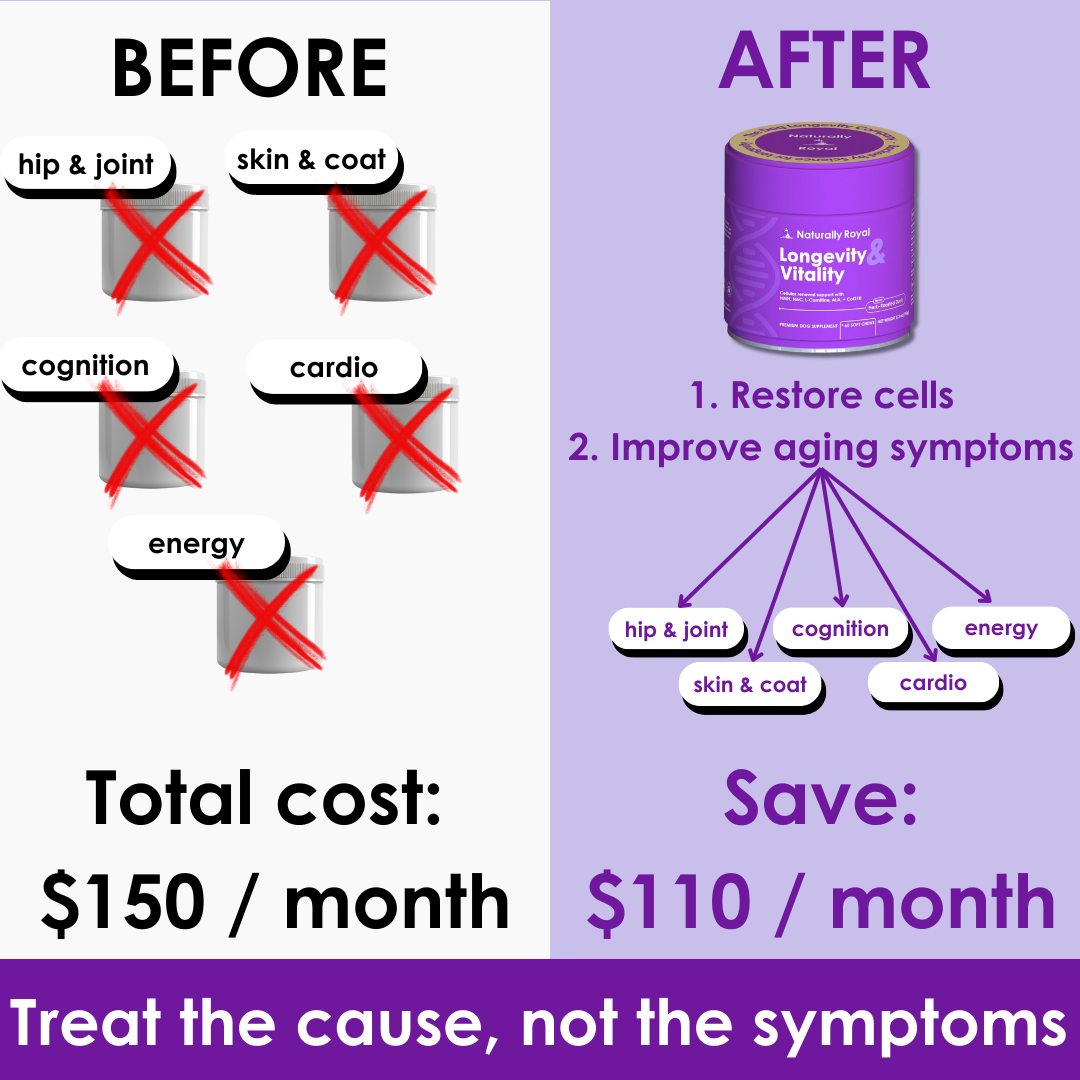Essential Nutrients for Your Dog's Daily Diet
When it comes to feeding our dogs, ensuring they receive all the essential nutrients, vitamins, and minerals each day is crucial for their health and longevity. Whether you're home-cooking meals for your dog or opting for fresh or freeze-dried foods, understanding what your dog needs can help you provide the best dietary support.
Here's a comprehensive guide to what should be included in your dog's daily diet.
1. Protein
- Role: Essential for building muscle and repairing tissue. It's also vital for the creation of hormones, enzymes, and antibodies.
- Sources: High-quality animal proteins like chicken, beef, fish, and eggs. Plant-based proteins can supplement but shouldn't be the sole source due to the amino acid profile.
2. Fats
- Role: Fats provide energy, support cell function, and promote the absorption of certain vitamins. They also contribute to healthy skin and coat.
- Sources: Animal fats and oils like salmon oil, flaxseed, and coconut oil are excellent sources of essential fatty acids, including omega-3 and omega-6.
3. Carbohydrates
- Role: While not essential in the diet, carbohydrates provide a quick source of energy and help in the proper function of the intestines.
- Sources: Whole grains, vegetables, and fruits. Opt for easily digestible options like sweet potatoes, pumpkin, and brown rice.
4. Vitamins
- Vitamin A: Supports vision, growth, and immune function. Found in liver, carrots, and spinach.
- B Vitamins: Aid in energy production and enzyme function. Present in meat, whole grains, and legumes.
- Vitamin C: An antioxidant that can reduce inflammation and cognitive aging. Dogs can synthesize Vitamin C, but supplements might benefit aging dogs. Found in fruits and vegetables.
- Vitamin D: Essential for bone health and calcium absorption. Found in fish and egg yolks.
- Vitamin E: Supports cell function and fat metabolism. Found in green vegetables and nuts.
- Vitamin K: Necessary for blood clotting. Found in leafy greens and certain vegetables.
5. Minerals
- Calcium and Phosphorus: Vital for healthy bones and teeth. Found in dairy products, fish, and bone meals.
- Magnesium, Sodium, and Potassium: Important for nerve function, muscle health, and fluid balance. Found in meats, grains, and vegetables.
- Iron: Essential for oxygen transport in the blood. Found in red meats and liver.
- Zinc: Supports immune function and skin health. Found in meat, fish, and legumes.
6. Water
- Role: Critical for every biological process. It aids digestion, nutrient absorption, and waste elimination.
- Sources: Ensure fresh, clean water is available at all times.
Considerations for Home-Cooked and Freeze-Dried Foods
- Balance is Key: Use a variety of ingredients to cover all nutrient bases.
- Supplements: Some nutrients, especially certain vitamins and minerals, can be hard to include in the right amounts through food alone. High-quality commercial supplements can help bridge any gaps.
- Consultation: Work with a veterinary nutritionist to ensure your home-cooked or selected freeze-dried foods meet your dog’s specific dietary needs, considering their age, weight, and health conditions.
A balanced diet rich in essential nutrients is the foundation of your dog's health and longevity. By understanding the dietary needs and including all necessary components in their meals, you ensure your dog receives the support they need to thrive.


